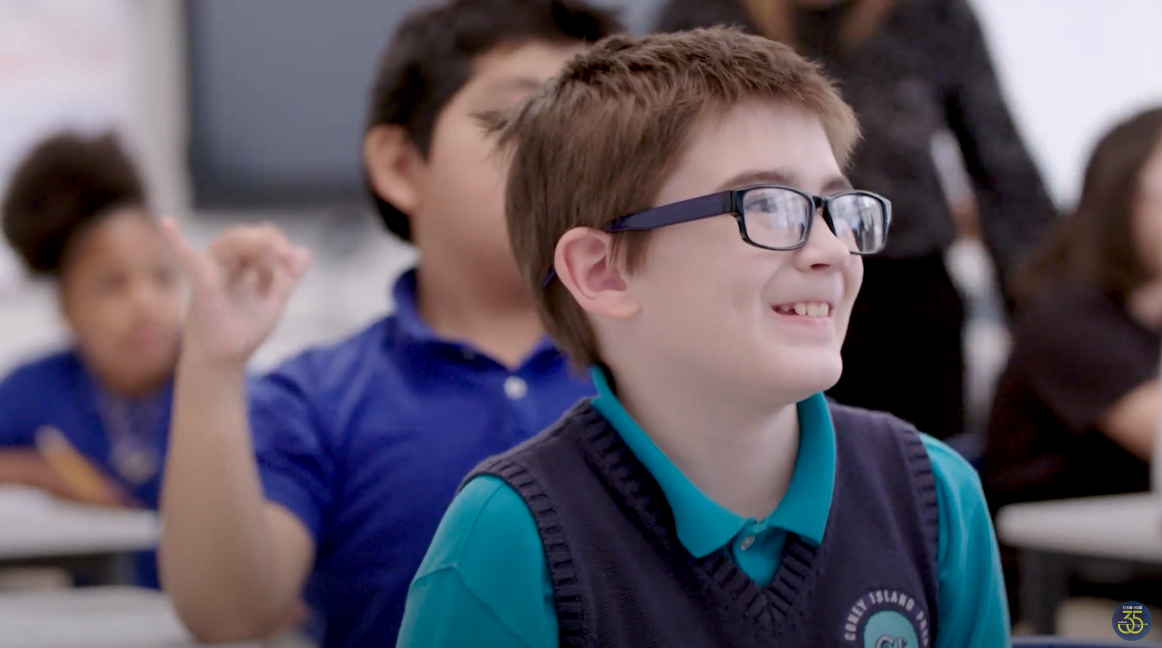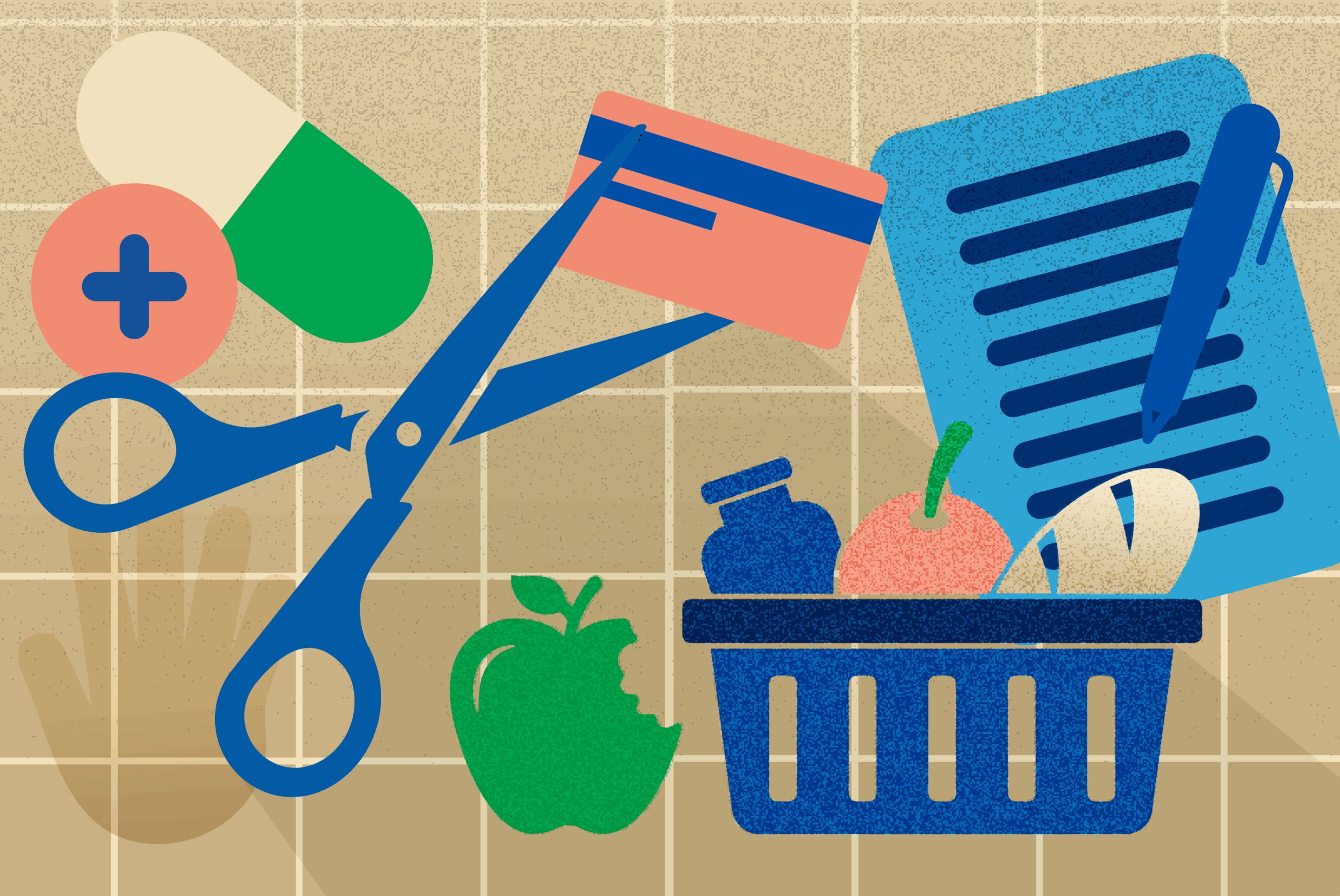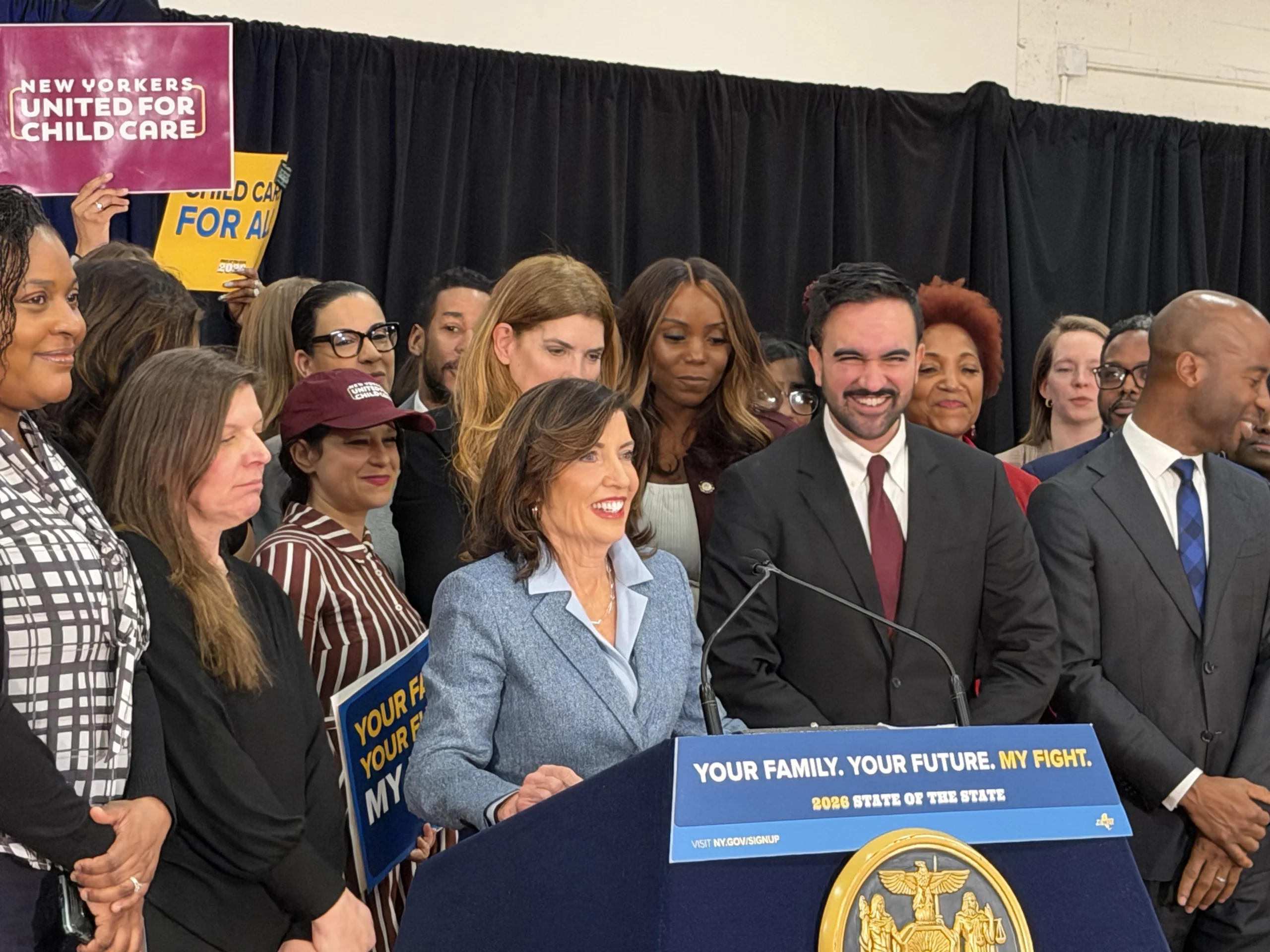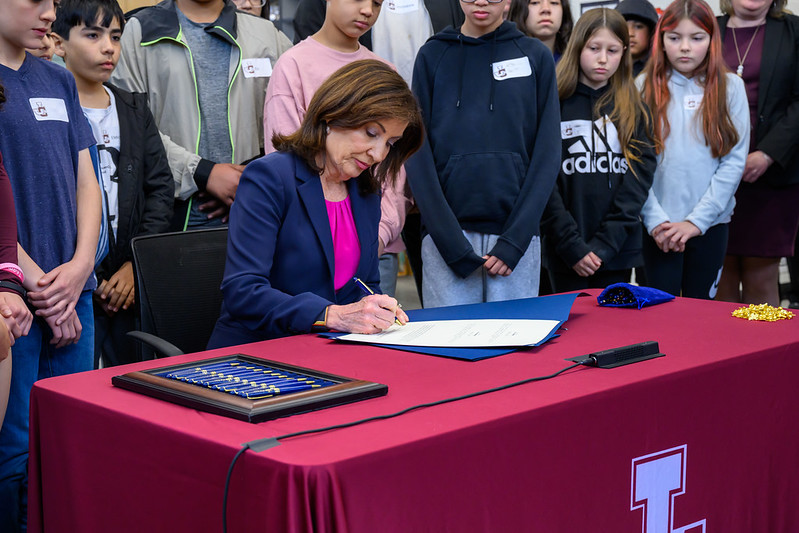Sep 21, 2022
A Bold Vision for NYC Schools
Robin Hood's strategy for increasing college- and career-readiness
By Chris Caruso, Managing Director of School-Age Portfolio
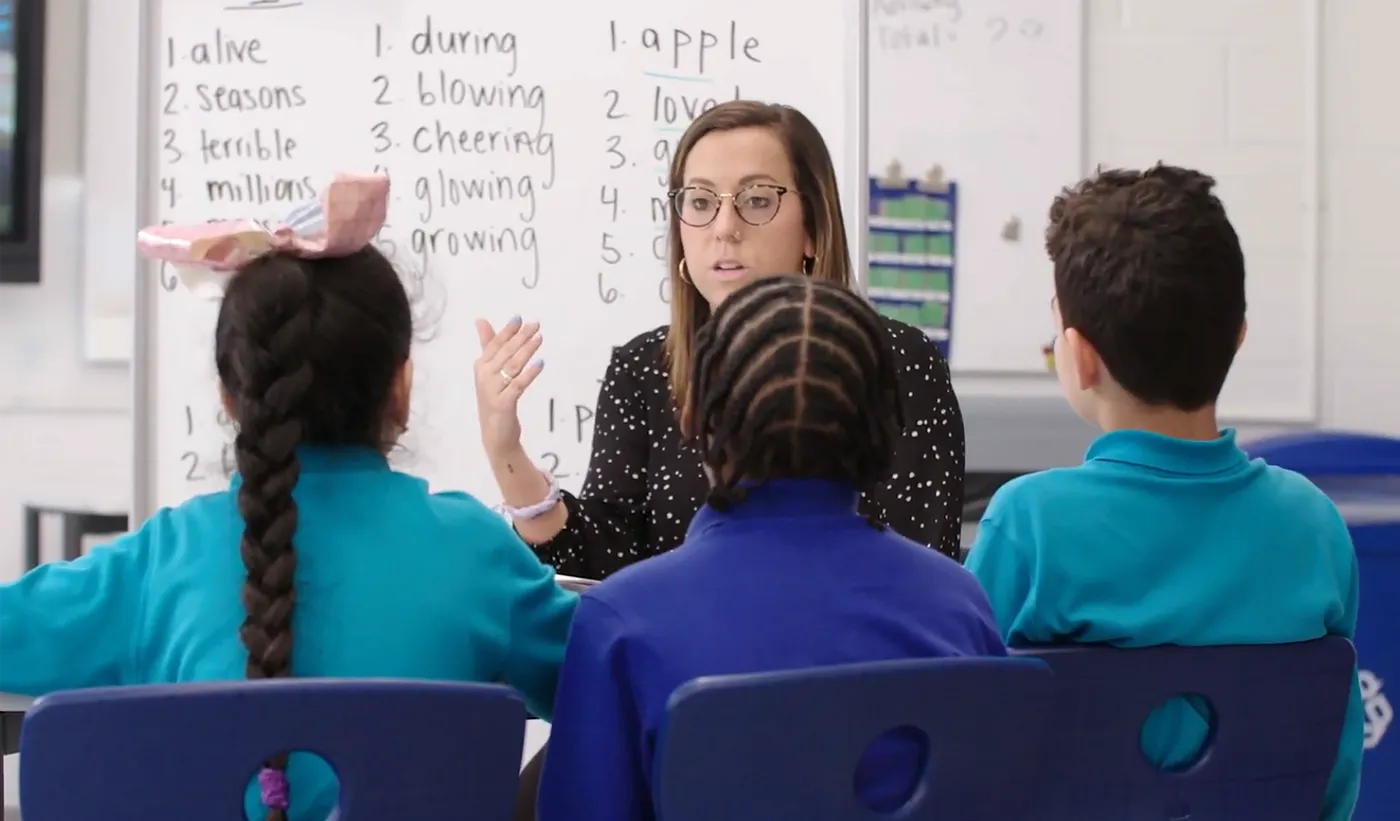
A high-quality education is essential to put students on a path to economic success.
One that ignites curiosity and helps students discover their passions and talents, while ensuring that they master the academic, social-emotional, and career-relevant knowledge and skills they need to be prepared for postsecondary success and a lifetime of learning.
Even before the pandemic, though, far too many New York City children lacked access to high-quality schools and learning experiences. Add to that the disrupted education and emotional trauma resulting from the COVID-19 pandemic and we’re seeing these challenges be exacerbated further. Students across New York City are experiencing slowed progress in math and reading with Black, Latinx, and low-income students experiencing the greatest disparities.
Robin Hood is focused on a bold vision to disrupt the status quo and ensure all children have opportunities to receive a high-quality education. and graduate high school ready for college and careers. Our goal is to substantially increase the percentage of low-income students who graduate from high school college and career ready so that young people have the dignity of choice to pursue a pathway that allows them to pursue a family-sustaining career.
To achieve this, we are focused on accelerating learning, supporting educators, redesigning schools, and building pathways for success.
Accelerating Learning
This is a time of opportunity — aided by a historic infusion of federal funding and changes in mindsets around education — to fundamentally improve student experiences and address longstanding inequities in our education system. Evidence-based approaches to accelerating learning have moved students from the 50th percentile to the 66th percentile and high-quality schools can add almost a year of learning for students in grades K-5. That’s why we’re focused on:
- Strengthening & scaling high-impact tutoring
- Expanding learning time, including after-school and through the summer
- Piloting targeted interventions for underserved students
Supporting Educators and Leaders
High-quality schools are dependent on educators who are well-prepared, well-supported, and reflective of the demographics of the children and families they serve. In New York City, where 82% of public-school students are students of color, it is critical to recruit, train and retain culturally responsive educators committed to achieving equitable outcomes for all students, particularly those who have been historically underserved by the school system. Our tactics include investing in organizations that:
- Recruit, train, and support teachers and leaders of color
- Provide ongoing, culturally responsive professional learning for educators
- Build capacity of education and non-profit leaders to engage with their community to develop a shared vision and goals for student success
Redesigning Schools to Support the Whole Child
There is a growing body of evidence showing that an integrated focus on academics, health and mental health services, youth development, expanded learning opportunities, and family and community supports lead to increased graduation rates, lower rates of chronic absenteeism, and greater teacher responsibility for student success. School environments must be physically, emotionally, and identity safe with a supportive instructional environment, a strong sense of community and belonging, and a sense of stability, and students and their families must have access to basic human needs in order to be successful. Our tactics:
- Develop an academically-enhanced community schools model
- Connect students and their families to public benefits
- Equip families with resources to engage in their child’s education
- Expand access to high-quality school-based health and mental health services
Building Pathways for Success
Connecting classroom learning with work experience allows students to more readily make connections between learning, application, and employment. College access and persistence programs have also shown promising effects on both high school graduation and college degree completion. Our tactics:
- Increase access to high school internships, apprenticeships, and paid work experiences
- Expand enrichment activities that emphasize real world learning and community problem solving
- Support college access programs to increase acceptance and enrollment
- Expand access to early college and dual enrollment programs
Schools are our essential levers of change — whether charter or district — and Robin Hood is excited to continue to focus on scalable and cross-sector solutions that bring together multiple partners and ideas.
Robin Hood has been investing in education for the entirety of our 34 year history. In 2022, we will invest over $40 million in poverty-fighting programs aimed at supporting school-age children.
